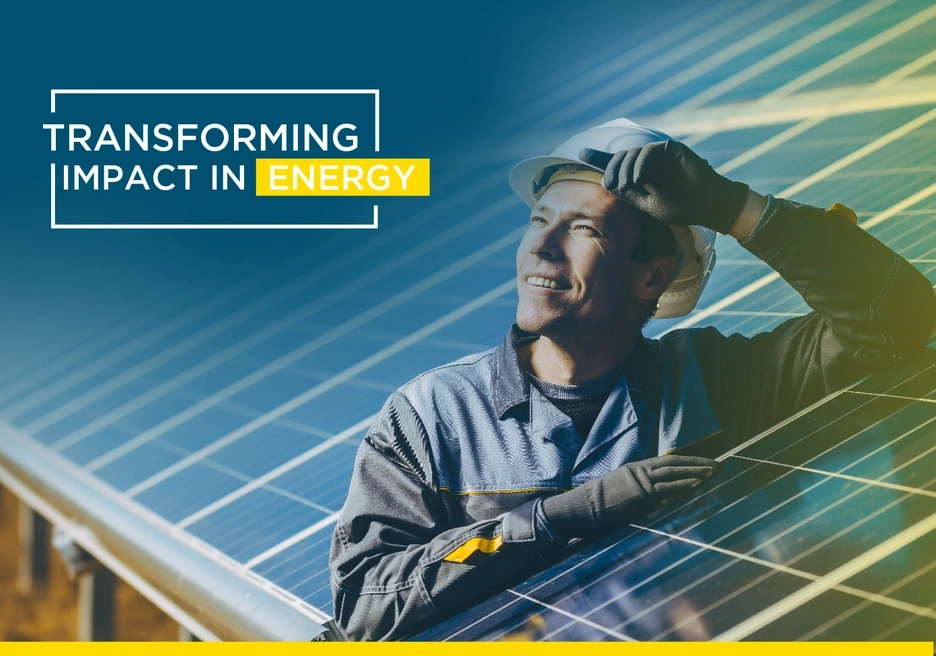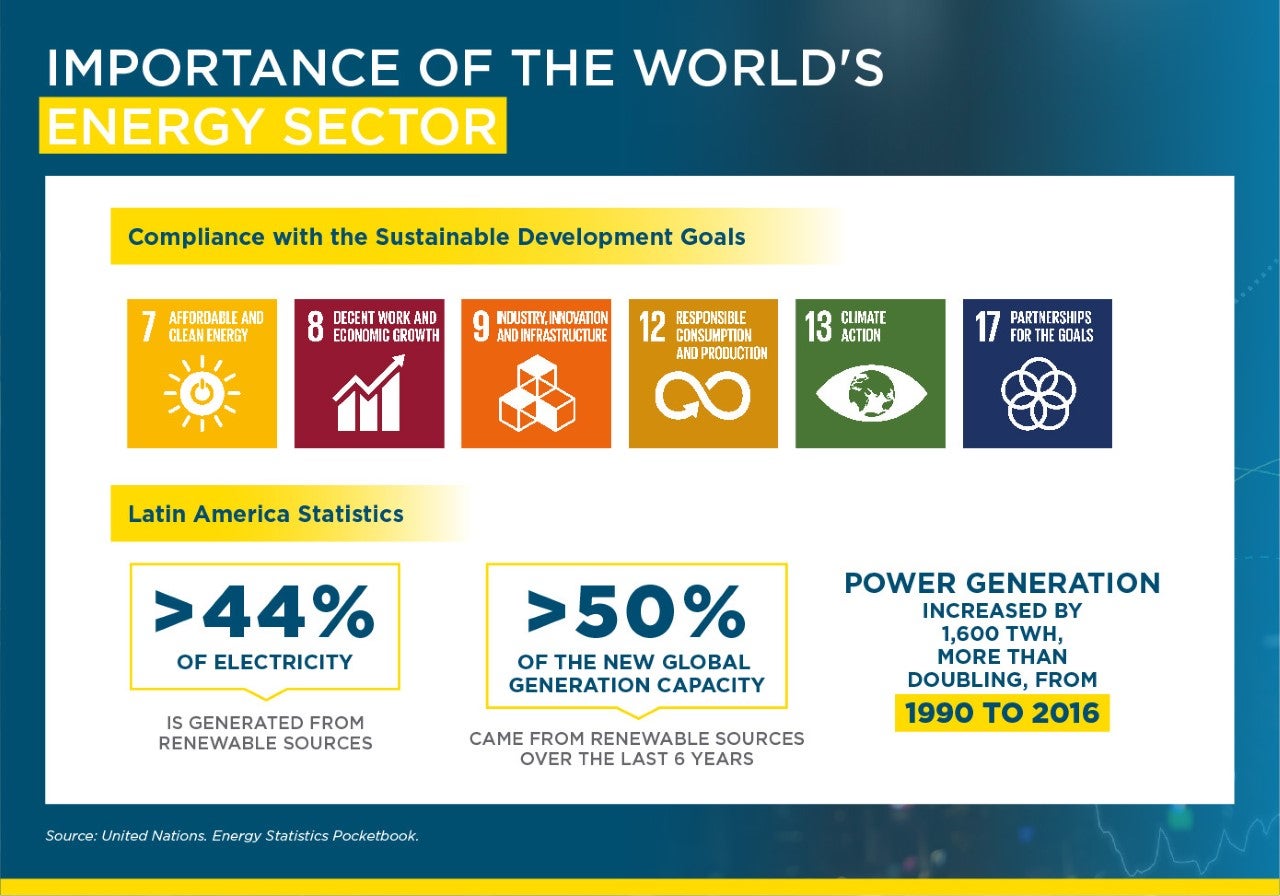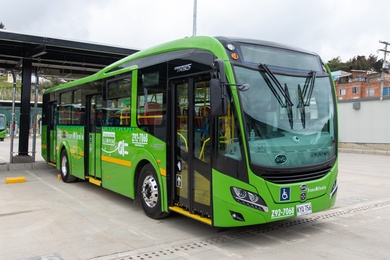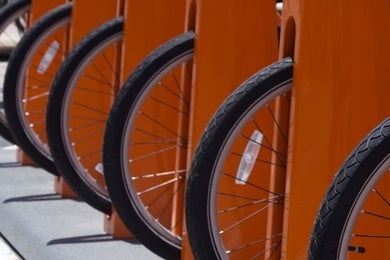Sustainable Energy & Infrastructure As Components of Economic Recovery

With the news of blue skies and animals reemerging in parks during the COVID-19 lockdowns, one might think that the deadly virus had at least helped address our global climate change problem. But nothing could be further from the truth.
It is true that the economic freeze caused by the lockdowns has led to a drop in energy consumption, with subsequent reductions in price and generation at polluting power plants — those that burn fossil fuels to produce electricity. But it is also true that the effect of this drop in emissions has been minimal, given the amount of greenhouse gases already accumulated in the atmosphere, and the fact that the coming economic rebound will bring with it a rebound in emissions.
One might think that the pandemic has little relevance to the renewable energy sector, beyond the brief decrease in emissions. However, it allows us to measure the effects on humanity of a global catastrophe, just like climate change, and the need to address it decisively and urgently.
You may also like:
- Three Ways In Which the Tourism Industry Can Help Build Climate Resilience in the Caribbean
- Addressing Climate Risk: Five Steps to Get Started
- Sahara Dust Storms in the Caribbean, a Hazard For Both Humans and Coral Reefs
The pandemic also forces us to rethink the status quo in many public policies, including energy, due to its impact on the climate and also on the economic and employment recovery. A shift towards green policies must serve as a guide for investment decisions that will define our relationship with the environment and the fight against climate change for decades.
A recent study by BloombergNEF found that the drop in renewable energy prices, which for years has been the biggest obstacle to fully decarbonizing the economy, has accelerated in recent years. According to the report, prices of photovoltaic units have dropped from US$2 per watt generated to US$0.21 over the last decade, and land-based wind turbine costs have dropped from US$1.7 per watt to US$0.7.
It is therefore no surprise that Latin America and the Caribbean's (LAC) experience with renewable energy has been very positive, and that the increase in this type of power generation has had a significant impact in terms of compliance with UN sustainable development goals. Despite a spectacular increase in electricity generation in LAC, more than half of the new capacity over the last six years has come from renewable sources, helping reduce emissions of gases that contribute to climate change.

At the same time, there is plenty of room for improvement: 22 million people in LAC did not have access to electricity in 2017, and 12% of the population cannot cook in healthy conditions due to air pollution in their homes.
IDB Invest's work in this field is focused on promoting financing solutions throughout the energy chain. From industrial-scale projects that supply energy to entire cities, to electrification solutions to the most vulnerable and remote sectors of the region. We also help to inject liquidity into the energy markets of the region in the most complex moments of the pandemic.
Recent examples are the Villanueva 1 and 3 and Don José projects, in Mexico, which brought an influx of solar energy to said market, or our investment in Kingo, a platform that provides self-generation solutions in rural sectors of Guatemala and Colombia.
In recent years, LAC has shown it can take advantage of its favorable natural conditions, such as high solar radiation and sustained wind profiles that can be used to generate electricity. The fact that the region has taken longer than some developed countries to join the green revolution means that new renewable installations may use more efficient technologies at more competitive prices.
The health emergency and the subsequent economic contraction that COVID-19 has generated is an example of the consequences of global-level threats. The decarbonization of the economies in LAC is thus key to help prevent a climate crisis from following the current pandemic. A shift towards renewable and non-polluting energy sources is the way to achieve sustainable growth.■
LEARN HOW IDB INVEST CAN OFFER YOU SOLUTIONS HERE.
SUBSCRIBE AND RECEIVE RELATED CONTENT |
| [mc4wp_form] |
¿TE GUSTA LO QUE ACABAS DE LEER?
Suscríbase a nuestra newsletter para mantenerse informado sobre las últimas noticias de BID Invest, publicaciones de blog, próximos eventos y para obtener más información sobre áreas específicas de interés.
Suscribirse



